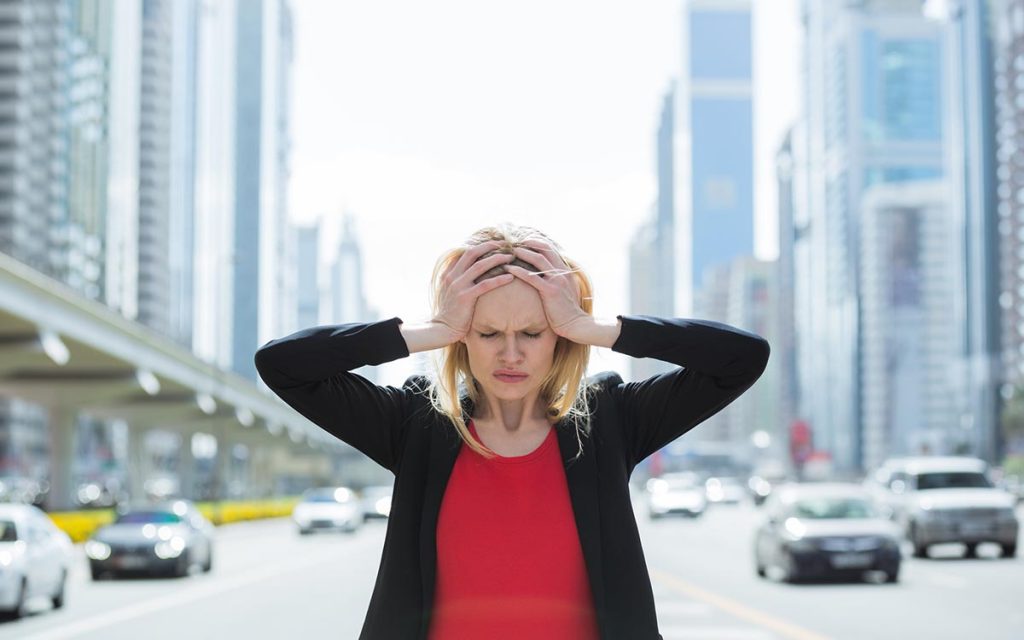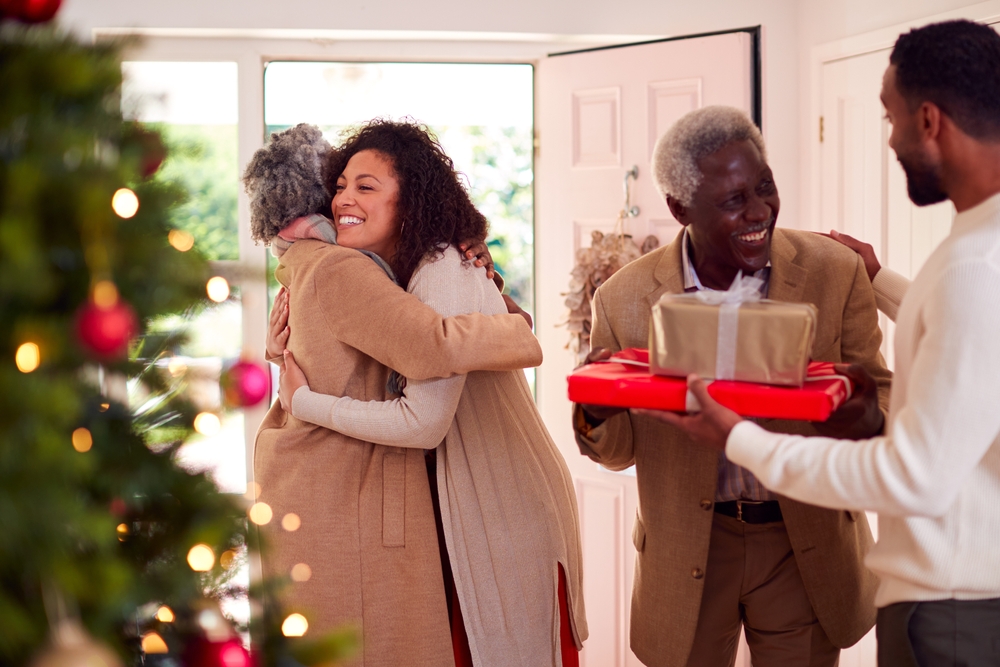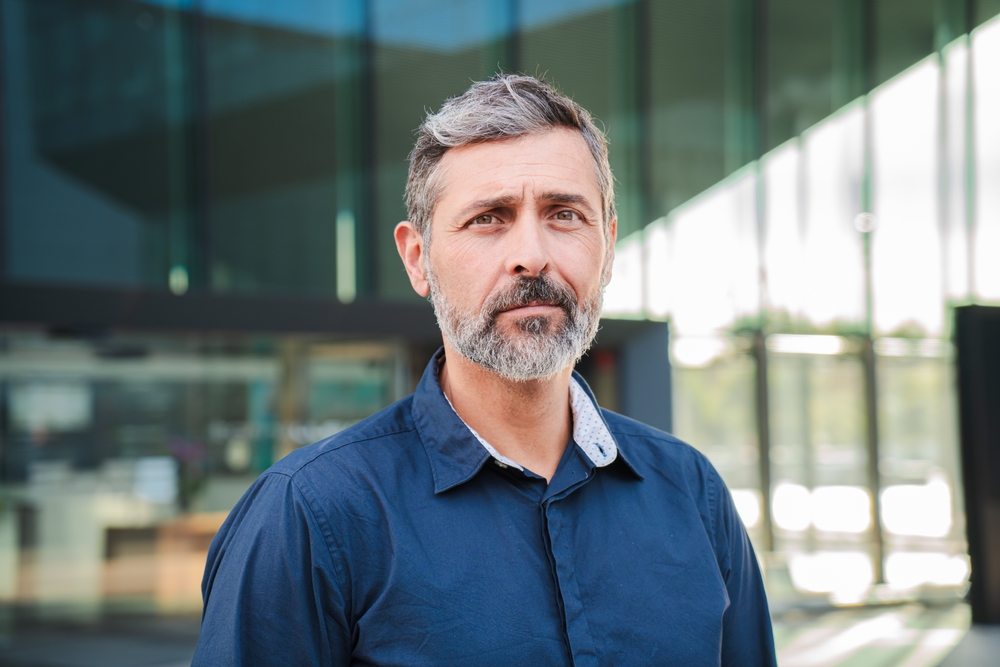Imagine it’s finally Spring, and you’re opening the window for the first time in months–your first breath of fresh air since the onset of a harsh winter. What do you hear? Birds chirping! But… also engines, mostly. Cars, trucks, small mopeds; they all zoom past your city apartment window with abandon. Maybe there’s even a siren from an emergency vehicle or a blaring horn from a truck. It’s… loud.
But that’s just part of living in the big city, you think. Noise pollution, however, is a growing health concern. And as the noise levels grow–as cities become louder–the hazards to your ears increase. That’s why hearing health professionals are urging cities and citizens to think of noise pollution not as a nuisance but as a real health issue. And it’s not confined to the cities.
Just how noisy is it?
No two towns are exactly alike, at least when it comes to noise levels. Noise pollution variables include the number of cars on the road, the texture of those roads, the number of pedestrians, and so on. It also depends on where in town you happen to be. The hustle and bustle of rush hour will sound much different 10 floors up than it does at street level.
Researchers attempting to answer this question have, however, noted a rather startling rise in the measured decibels a typical town may produce. The European Environmental Age released an estimate that somewhere around 40% of Europe’s population was regularly exposed to sound that registered at 55 decibels or louder. That “background noise” easily rises to the threshold that could potentially cause hearing damage over time.
But it’s just noise, isn’t it?
Because we’re so used to the notion of cities being loud, it’s all too easy to dismiss these findings as, well, the norm. The reality, however, is that noise can have some very real consequences:
- Obviously, the most significant and widespread consequence is hearing loss. Research suggests that significant percentages of those living in cities or other loud areas will develop hearing loss.
- Other health problems, such as higher blood pressure, could also be caused by noise pollution.
- Mental health issues, such as depression and anxiety, are often closely linked to untreated hearing loss.
Can we actually make our community quieter?
It may seem like a daunting task at first, but there are some ways in which we can successfully make our communities a little bit quieter (and more pleasant at the same time). With a little planning (and a modest budget), towns could make the following changes:
- Plant more greenery. Trees are famous for their ability to absorb sound (well, they’re also famous for being trees and being big and making oxygen… you get the point). Trees, shrubs, and even gardens can help contain noise.
- Invest in electric vehicles. The more electric vehicles that are on the roads, the less noise you’ll have to deal with from loud internal-combustion engines. Cities can replace their bus fleets with electric buses, for example.
- Identify noise hotspots. New technologies can give city planners the ability to locate noise hot spots in a city. When we know where the noise is coming from, we can take specific steps to make that area a little quieter such as sound barriers or parks.
Limit your exposure
Many towns and cities are investing in plans to help quiet things down a bit (it’s good for the area and good for the residents). But enacting those plans can take years. You don’t want to keep exposing your ears to that level of noise in the meantime.
So there are a couple of things you can do to limit your own exposure to noise pollution. First, if you’re able to, install noise-proof windows in your home. That’ll help you at least exercise some control over when you experience noise and when you don’t.
Second, invest in some hearing protection. Use noise-canceling headphones or earplugs when you’re out and about. Investing in hearing protection–and using that protection while you’re in loud environments–can save you a huge amount of grief in the long run.
So go ahead, open your windows, and enjoy that air. Just be sure you limit your exposure to the noise–at least until the trees are planted.



